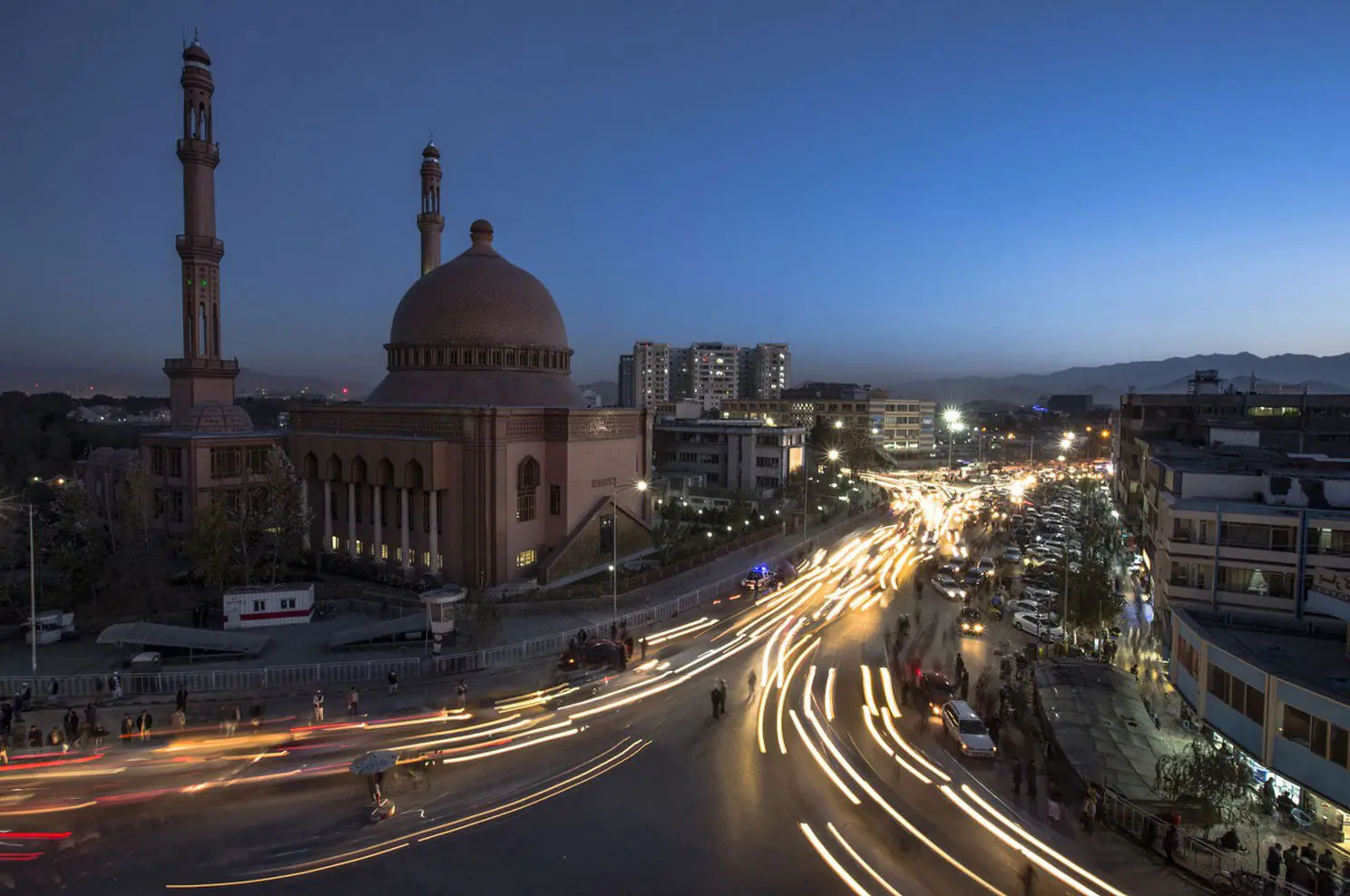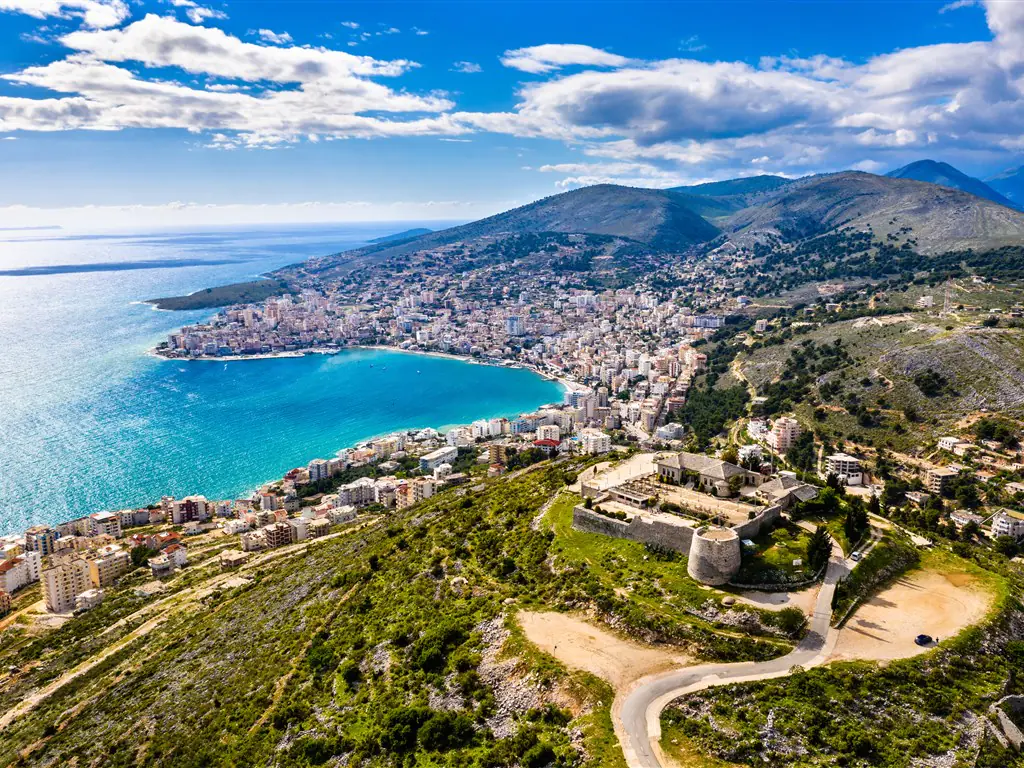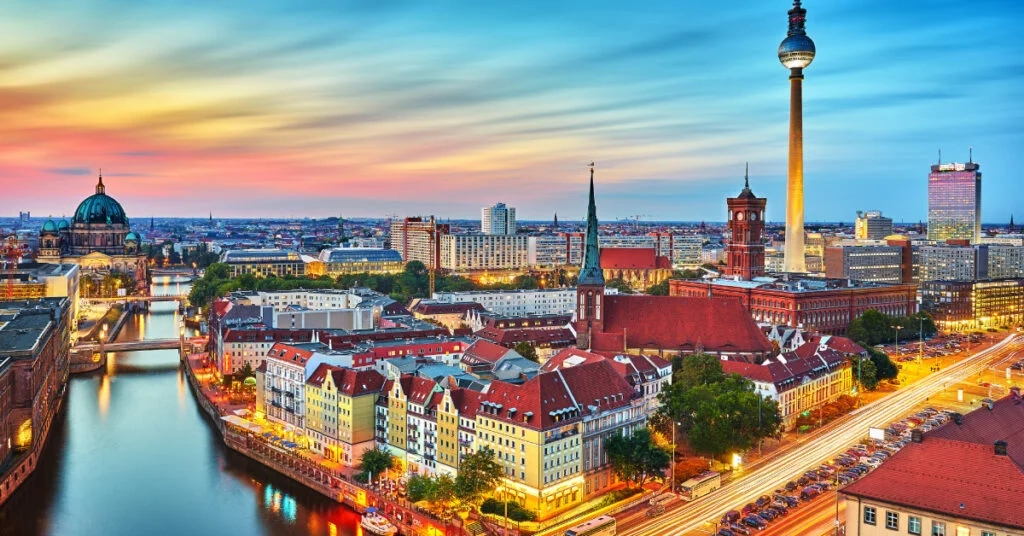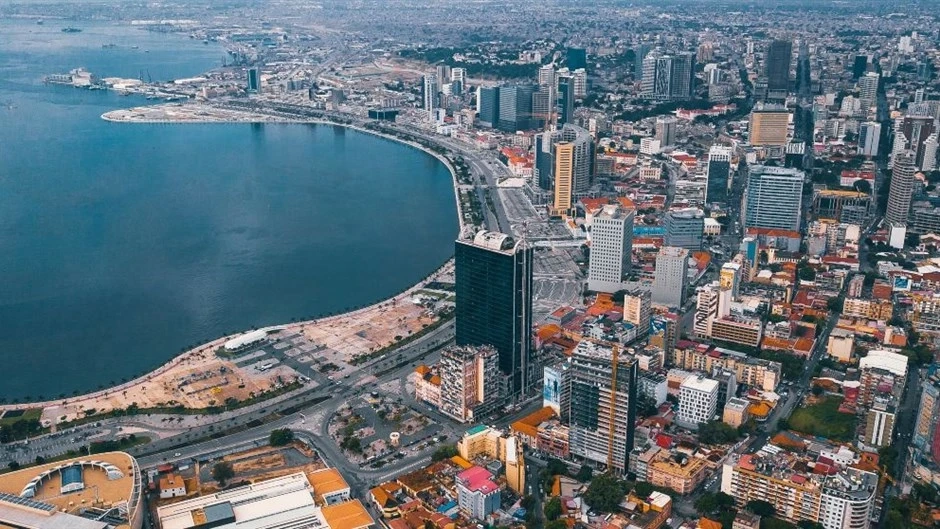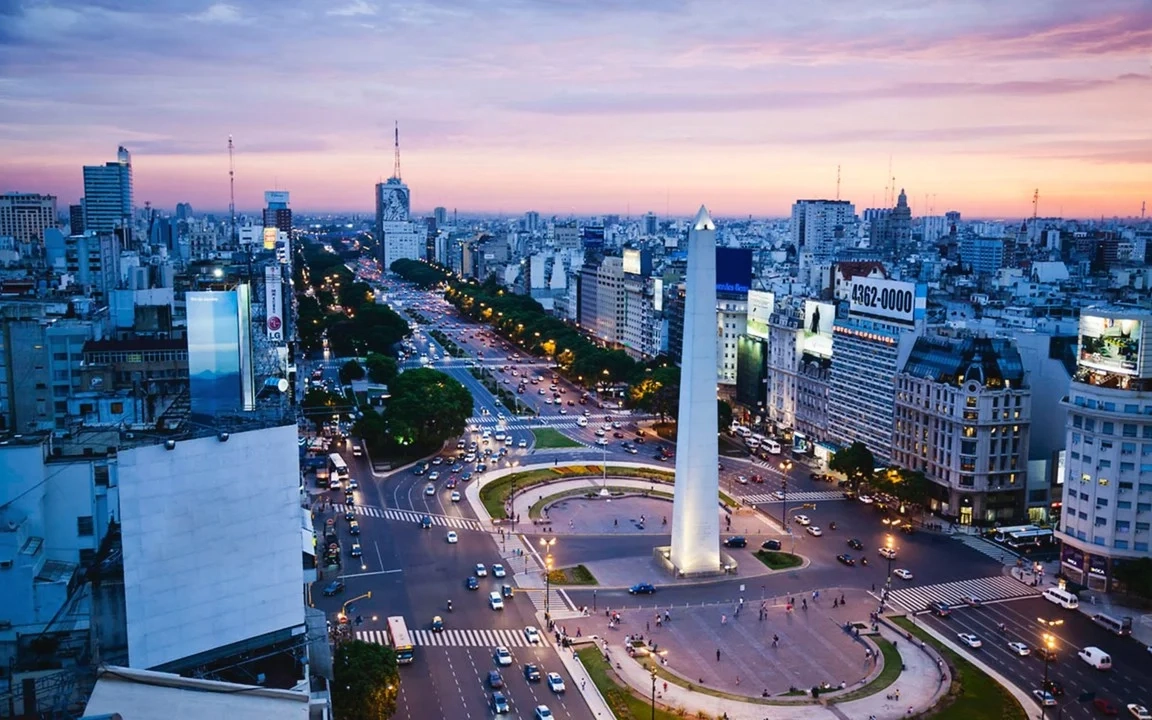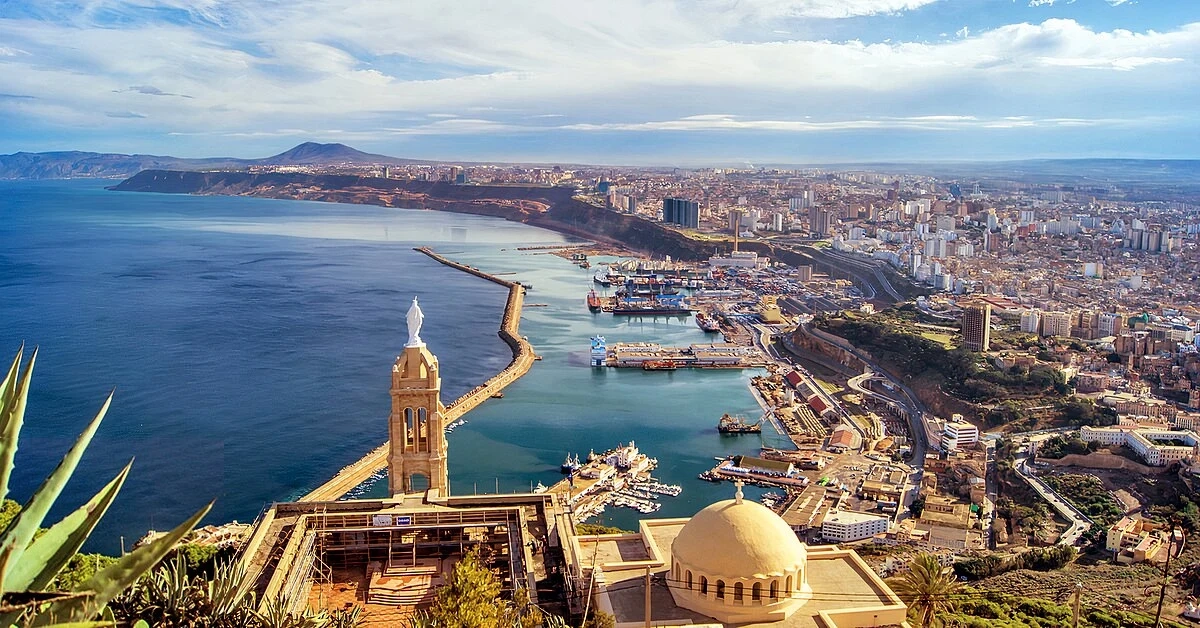1. Teaching: Primary and Secondary School Teachers.
Salary: Average salary for Primary School Teachers is of FJD 15,000 to FJD 25,000 per year. Average salary for Secondary School Teachers is of FJD 20,000 to FJD 30,000 per year.
2. Healthcare: Registered Nurses and Medical Doctors.
Salary: from FJD 15,000 to FJD 30,000 per year for Registered Nurses; from FJD 25,000 to FJD 50,000 per year for Medical Doctors.
3. Tourism and Hospitality: Hotel Managers, Tour Guides.
Salary: for Hotel Managers - from FJD 20,000 to FJD 40,000 per year; for Tour Guides - from FJD 10,000 to FJD 20,000 per year.
4. Agriculture: Farmers and Agricultural Workers.
Salary: Salaries can vary widely, but the average income is relatively modest.
5. Public Service: Civil Servants.
Salary: Salaries depend on the specific government position and can range from FJD 15,000 to FJD 40,000 or more per year.
• Working Week. The standard working week in Fiji typically consists of 5 days, with 8 hours of work per day, totaling 40 hours per week.
• Annual Leave and Vacation. Employees in Fiji are entitled to paid annual leave, which varies based on their length of service. Typically, employees are entitled to 10 days of annual leave after one year of continuous service, with an additional day added for each year of service.
• Public Holidays. Fiji observes several public holidays, including New Year's Day, Fiji Day, Christmas, and Diwali. Employees are entitled to a paid day off on these public holidays.
• Sick Leave. Employees are typically entitled to sick leave, which varies based on their length of service. After three months of continuous service, employees are entitled to 10 days of paid sick leave in a year.
• Maternity and Paternity Leave. Fiji provides maternity leave for female employees, typically allowing for up to 84 days of leave with full pay. Paternity leave is also available for eligible male employees.
• The minimum wage in Fiji is FJD 2.68 per hour.
• Average wages in Fiji can vary widely based on the industry, occupation, level of experience, and location. However, the average monthly wage for full-time employment in Fiji typically ranged from FJD 1,200 to FJD 2,000.
1. Government Initiatives:
The Fijian government actively promotes entrepreneurship and small business development through various initiatives. These include financial incentives, tax breaks, and grants to encourage startups and small enterprises. The "Look North Policy" seeks to strengthen business ties with neighboring countries like China and grow economic opportunities.
2. Diverse Business Opportunities:
Fiji's economy offers a range of business opportunities, including tourism, agriculture, renewable energy, and manufacturing. Tourism, in particular, has been a driving force for entrepreneurship in the hospitality and service sectors.
3. Entrepreneurial Ecosystem:
Fiji is home to a budding entrepreneurial ecosystem with business incubators, co-working spaces, and networking events that support startups and innovators. The Fijian government collaborates with international organizations like the United Nations Development Programme (UNDP) to enhance entrepreneurship development.
4. Social Entrepreneurship:
There's a growing emphasis on social entrepreneurship, where businesses address social and environmental challenges alongside financial goals. Initiatives in education, healthcare, and sustainable agriculture have gained momentum.
5. Challenges and Opportunities:
While Fiji offers a range of opportunities for entrepreneurs, challenges such as limited access to capital, bureaucracy, and market competition persist.
1. Suva - the capital and largest city of Fiji, serving as the economic and administrative hub.
2. Nadi - a bustling town and a vital business center located near Fiji's main international airport. It serves as the gateway for many tourists and business travelers. The tourism and hospitality sectors are significant in Nadi, and it's a hub for trade and commerce.
3. Lautoka - Fiji's second-largest city, is an important center for sugar production, as it hosts the largest sugar mill in the country. Agriculture and agribusiness, in addition to trade and retail, are prominent in Lautoka.
4. Labasa - is known for agriculture, particularly sugar and agriculture-related businesses.
5. Savusavu - located on the island of Vanua Levu, Savusavu is a growing center for tourism, especially in the yachting and dive industries. The town attracts tourists, retirees, and entrepreneurs interested in hospitality and related businesses.






